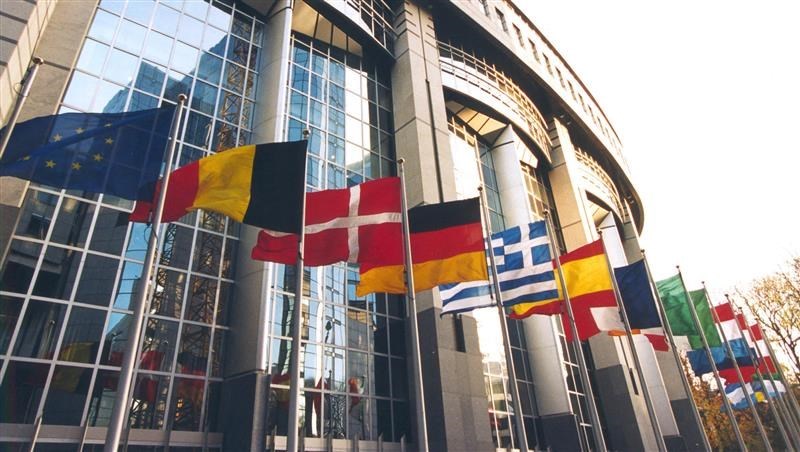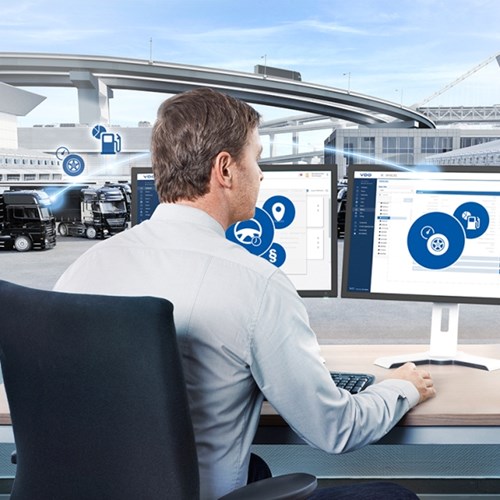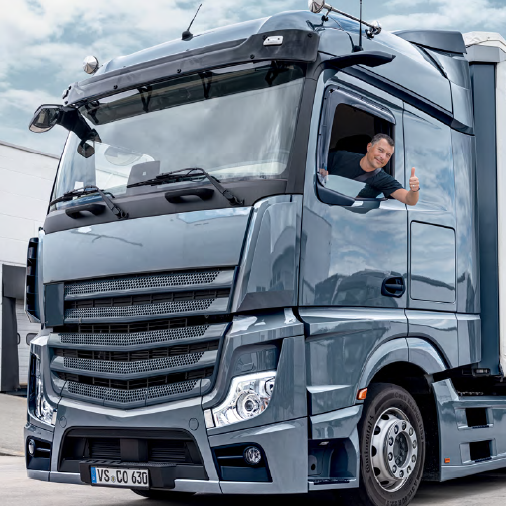The French word caboter means “to travel from port to port”. The term cabotage, which is derived from it, refers in the EU to the transport of commercial goods within a country by a road transport operator that is neither based in that country nor has branch offices in it. Deliveries to or from the operator’s home country are not covered by this term, only transport operations that involve loading and unloading solely in other countries. Small cabotage is when an operator transports goods within another country. Large cabotage is when an operator from a third country transports goods between two other countries.
Cabotage was first permitted in European countries back in 1998, and it has created major problems for German freight forwarders ever since. The reason is that foreign competitors who are able to operate cheaply have led to an increasing shortage of drivers in Germany. The European Parliament is now trying to deal with this problem.
Common rules in the EU
Uniform rules governing cabotage were established on 14 May 2010 by Regulation (EC) No. 1072/2009, which placed restrictions on cabotage within EU member states in order to preserve fair competition. The rules apply to trucks weighing more than 3.5 tonnes. Up to three cabotage journeys are allowed within a period of seven days, and this also applies to transit through countries in the case of large cabotage. In addition, there are provisions covering the posting of workers. Compliance is required with the wage and social security standards existing in the country where the services are rendered. These include a posting declaration, a minimum wage and the carrying of consignment notes. A list of the posting rules, divided according to countries, can be found at http://www.verkehrsrundschau-plus.de/view/71.
Wage dumping and social dumping exacerbate the shortage of drivers
The purpose of the EU regulation is to prevent business models that are based entirely on cabotage operations or focus strongly on them. In spite of this, according to Eurostat, Germany accounted for almost half of all cabotage operations in the EU in 2017, for a total of 20.4 billion tkm. In view of the large differences in the cost of wages and social security in the EU, German freight forwarders are at a serious disadvantage. They are desperately in need of drivers and clearly must offer them more than just the minimum wage. However, they can hardly offer better conditions as long as cabotage makes the competition so fierce.
The EU Mobility Package offers hope for improvement
Now that an agreement has been reached on a Mobility Package for the EU, new regulations can be expected that could improve conditions for German transport companies. The rule permitting up to three cabotage operations within seven days after international carriage of goods will remain in force. Afterwards, however, a four-day pause will be required during which the vehicle involved must return to its home country. Moreover, vehicles must return to their company’s country of establishment every eight weeks.
In the future, thanks to a new generation of smart tachographs that will record border crossings throughout the EU, it will be easier to enforce the rules pertaining to cabotage and posting of drivers. This will be made possible by GPS and by Galileo, the European navigation satellite system, supplemented by the Russian GLONASS system. A tachograph will show whether the driver and vehicle actually do return to the home country after three cabotage journeys. Continental, for example, is currently developing the DTCO 4.1, which will have this capability.







